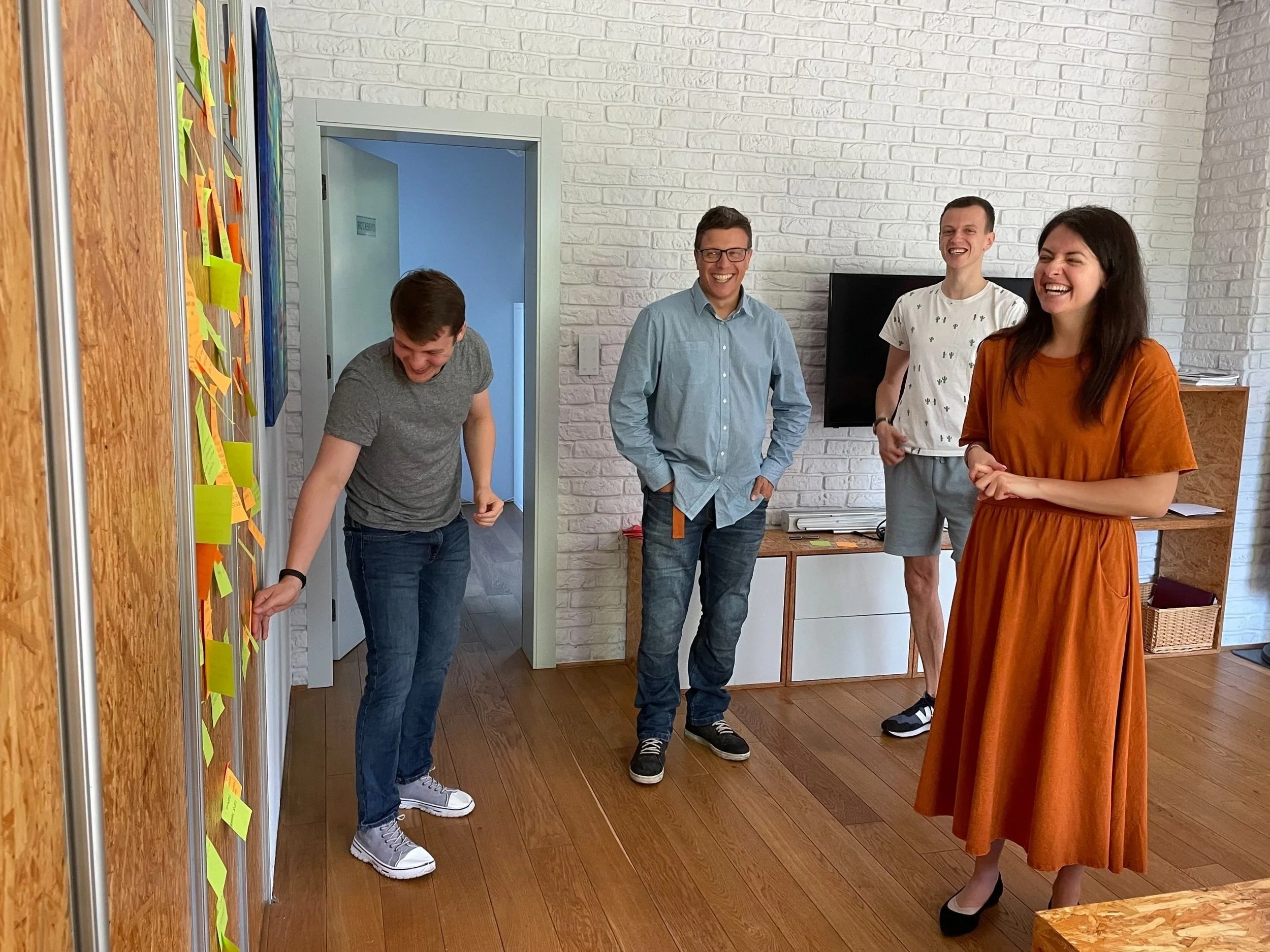Building high performance apps tends to result in a lot of learning and plenty of interesting stories. That's why in the beginning of 2016 we've silently launched our new blog: tech.evojam.com. This is a hardcore, technological publication devoted to engineering of serious web applications. Ones that need to handle a lot of traffic or data.
In the rush to innovate, it is easy to believe that adding more is always better: more data, more features, more intelligence. Lately, “more” has often meant AI. It is the word lighting up investor conversations, shaping product roadmaps, and driving search queries like how to implement AI in my company. But complexity is not the same as progress. Sometimes the real leap forward comes from removing what is unnecessary and doing the essentials extremely well. That is where business process automation quietly outshines AI, solving problems with less cost, less risk, and faster results.
The HVAC (Heating, Ventilation, and Air Conditioning) industry in Europe is on the rise. New rules and a growing demand for modern heating solutions are making it an exciting time for this field. Moreover, climate change and global warming are driving more air conditioning installations.
However, HVAC companies are facing challenges that are stopping them from providing great service to their customers.
In this article, we'll look at these challenges and introduce a custom software solution for HVAC companies that will help you overcome these issues and succeed in the ever-changing market. Whether you run an HVAC business or are a high-level manager, you will learn how to make the most of your HVAC company's potential!
Nowadays, many companies pride themselves on having an excellent workplace and company culture that lets their employees thrive. For some people, it has become a significant factor in choosing their next job, as they look for an organisation that respects and shares their values.
As a software development company, Evojam provides services to external businesses. We believe that shared team values are the core of employee satisfaction and successful collaboration with our colleagues and clients. The success of any software development project relies heavily on the cohesion and alignment of our values. Possessing technical expertise is not enough.
Our views on core company values and culture differed due to our diverse backgrounds. However, working in a team requires sharing values and principles. In addition to fostering a positive work environment, team values facilitate collaboration and cooperation between members, allowing mutual understanding and guiding decision-making.
Some of us needed help understanding how Evojam approaches values in our daily work towards our clients and team members. This drove our urge for transparency in company culture and values. We didn’t want them to be just a buzzword; instead, we aimed for something we all believed in.
So, what did we do?
IT technologies are constantly changing and evolving. To keep up with this dynamic environment, software engineers must stay in the loop, keep growing, and take care of their mental state.
How to do so?
Here are eight tips to avoid stagnation and change specialization coming from an experienced Evojam backend developer.
You’ve probably seen the most acknowledged EB campaigns and would love to make something as creative and spectacular.
But then reality kicks in, and you realise your budget and time are too limited to prepare your magnum opus.
I can relate as an HR/EB Specialist who has been working for small companies. Employer branding is only a part of my responsibilities, and I can’t focus solely on it. To use my time wisely, I’ve developed certain practices to effectively show an employer brand online.
As it turns out, you don’t need a big budget or a huge team to start with EB. Even small steps make a difference!
Looking at the title, it's not hard to guess that I'm a QA engineer, and as such, my work quality depends on the synergy with software developers. Let's go one step further — taking care of the collaboration between the QA and development teams influences the quality of the development process.
Let’s explore how software developers could support QA engineers in their daily tasks and get better results while doing so!
As a software developer, you face a dilemma about whether to work for a software development company or a product company. It's something to think through, so take some time to do so.
But today, focus on a different question — should I work for a big corporation or a small boutique company with less than 50 employees?
Let’s explore both options and see which one suits your working style best.
A few weeks ago, the news that JavaScript would finally have its type system came like a bolt from the blue. A team whose members are, among others, responsible for creating TypeScript prepared a document proposing to introduce typing into JavaScript.
The environment, excited about such a turn of events, started celebrating… with a trace of cautiousness.
My reaction was less favourable, to put it politely. I felt like Grouchy Smurf, muttering, “I hate JavaScript types!” I decided to let my grouchy side speak for a little longer, hence this light-hearted blog post.
In the following paragraphs, I’ll share my concerns about upcoming changes and explain why I don’t see them through rose-tinted glasses.
There's much to learn from the flawed processes and broken things.
As children, many of us would crack broken electronics open to see what was inside.
That’s a perfect learning way, as long as you go beyond the obvious.
I’ll show you how it works on examples from pop culture, everyday life, and my software engineering job.
How do you start a career as a programmer?
Like with most questions, your first instinct might be to look for help in a search engine. The internet is full of people selling courses, books, and other resources, promising a fast way to get spectacular results.
I'm sorry to disappoint you; there is no easy, speedy path.
In this article, I'll share my story and what worries and misconceptions I had before I started my software development journey to support you on your bumpy ride. Let my experience work as your buffer.













